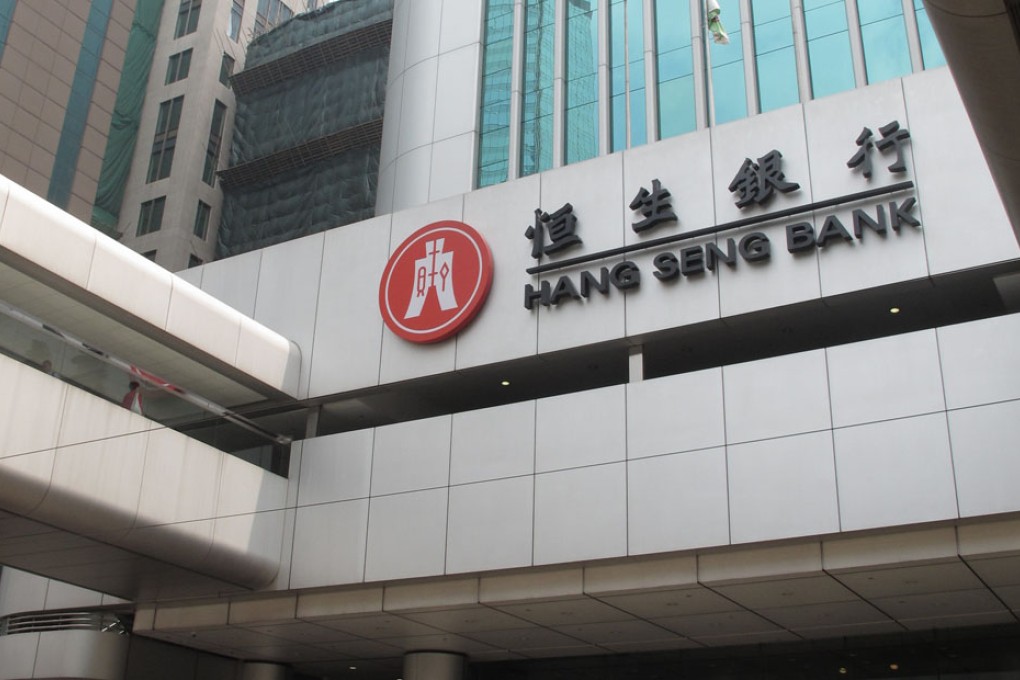Mr. Shangkong | Fluency in Chinglish doesn't count as World City yardstick
HK may have the vibe, but it lacks the verbs - at least in the right place - and that's why English slide must be fixed if it is to be a true global centre

Before I start to tell you two stories, let me ask you a question: In general, do you feel English-language skills of Hong Kong people are increasing or declining since the 1997 handover?
The question popped up in my mind when I came across two real-life experiences in Hong Kong, whose official slogan is "Asia's World City", indicating how global Hong Kong can be. And one of the global elements is certainly how easy it is for foreigners, mostly English-speaking residents or visitors, to communicate with the society.
The first story was my personal experience. Recently I did some holiday shopping in Causeway Bay and I noticed there were many flags alongside several streets in the shopping district that all carried two big words and a shop's logo - "Now opened".
Now opened? How weird it sounds, I asked myself. English is not my first language but I remember my primary school teacher told me the difference between these example sentences - such as "the package is opened" and "the shop is open" in the case of the usage of the word open as verb or adjective.
Typically, when a new shop tries to declare to its neighbourhood and customers that it is ready for business, it will say "now open" or sometimes "now opening" in its advertising posters. But "Now opened"? Just a new kind of Hong Kong-Chinese-English?
I mentioned my "now open" experience to a retired Hong Kong teacher who taught English and history for decades. To my surprise, Virginia Ho, the local retired teacher, quickly began to share her personal experience with me - also about the fast-increasing English problems she spotted in the city.
Ho recently went to a branch of Hang Seng Bank, a local subsidiary of British bank HSBC, and she noticed the bank put up a notice in English near its automated teller machines. The notice said in English: "In avoidance of congestion, could customers please queue up?"
